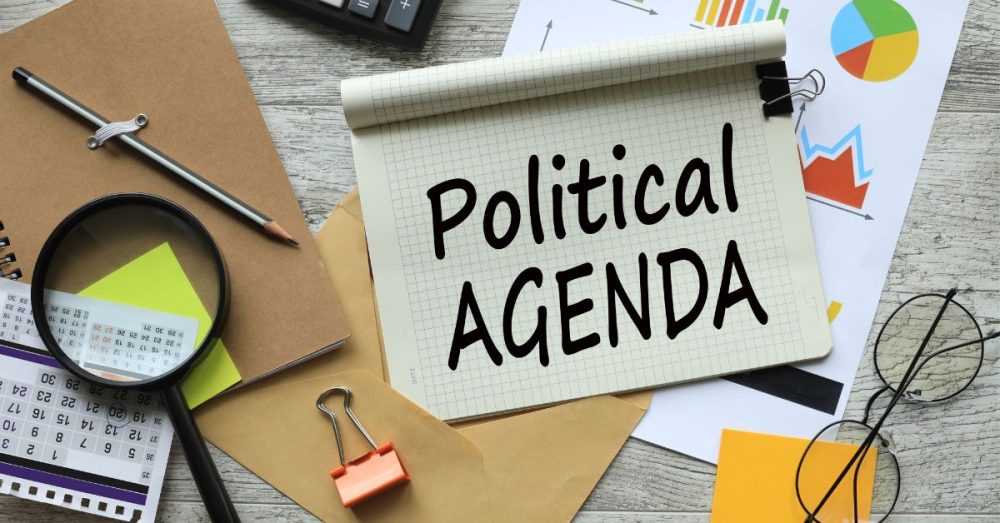EXCLUSIVE — A substantial majority of Dallas residents would take action against city council members who attempt to play political games with citizen-led petitions, according to a new poll.
Dallas residents may soon be able to vote on several citizen-driven petitions on various issues this election cycle. City officials must verify the necessary number of citizen signatures for the petitions before putting them on the ballot — a process that often delays attempted reforms, as previously reported by The Dallas Express.
Dallas HERO, a bipartisan initiative that seeks to amend the Dallas City Charter, conducted a poll obtained by DX that revealed residents would take action against the city council if members attempted to skirt citizen-driven petitions.
“City councils in Texas have a history of playing political games with citizen-led charter amendments — often using tactics like placing the amendments on the ballot with confusing or misleading language or hijacking the amendments to make charter changes at odds with the will of their citizens, or even outright denying the legitimate charter amendments to be placed on the ballot,” the poll stated, setting up the question of how surveyed residents would respond to such behavior.
The results showed that 13% said they would take legal action, 42% would vote against city council members in future elections, 15% would call, visit, send letters, or speak at city council meetings on the issue, 20% would initiate a recall against city council members, and 8% would organize neighborhood or community action.
A whopping 43% of respondents said they would engage in all the listed actions, while only 9% said they would do nothing.
The poll, conducted by Ascend Action, surveyed 1,015 Dallas residents. It has a margin of error of 3.08%.
The City of Dallas communications team, the city secretary’s office, and the city attorney’s office did not respond to a request for comment.
Some activists allege Texas city officials counter citizen-led petitions by using slow signature verification processes, delaying the petitions’ placement on the ballot, and adding misleading language to the ballot propositions, as previously reported by DX.
Save Austin Now sued the Austin City Council in 2021 over claims it used misleading language on the ballot for a verified citizen-led proposition. The Texas Supreme Court ruled the city council had to change the wording to more accurately reflect the proposition.
“[City leaders] all play games with ballot language,” Matt Mackowiak, co-founder of Save Austin Now, previously told DX. “Cities don’t like citizen petitions because it reduces their power. It reduces their ability to control policy and to control decisions. It can be a very effective tool because it becomes a check on the powers of the city council and mayor.”
The Dallas HERO and Ascend Action poll also surveyed citizens about several proposed amendments to the Dallas City Charter.
A sizeable 59% supported an amendment “to require an annual community survey of services of the city, then based upon the results of such survey provide consequences for the City Manager, including awarding performance compensation or termination.” Only 15% opposed the notion.
Some 37% supported an amendment “to establish a city of Dallas taxes and total revenue growth cap, limited to population growth and inflation only.” Meanwhile, 41% said they were unsure, and 22% opposed.
A majority of respondents (54%) said they support amending the Dallas City Charter to “appropriate a minimum of fifty percent (50%) of city revenue in excess of the previous year’s revenue towards specific public safety objectives, including increasing the number of sworn police officers and ensuring their pay is competitive with neighboring departments.” Only 20% opposed the proposition.
When asked whether the Dallas City Charter should be amended to “allow residents to force the City of Dallas to follow its own ordinances, its own charter, and Texas State law,” 63% said yes, and 12% registered opposition.


